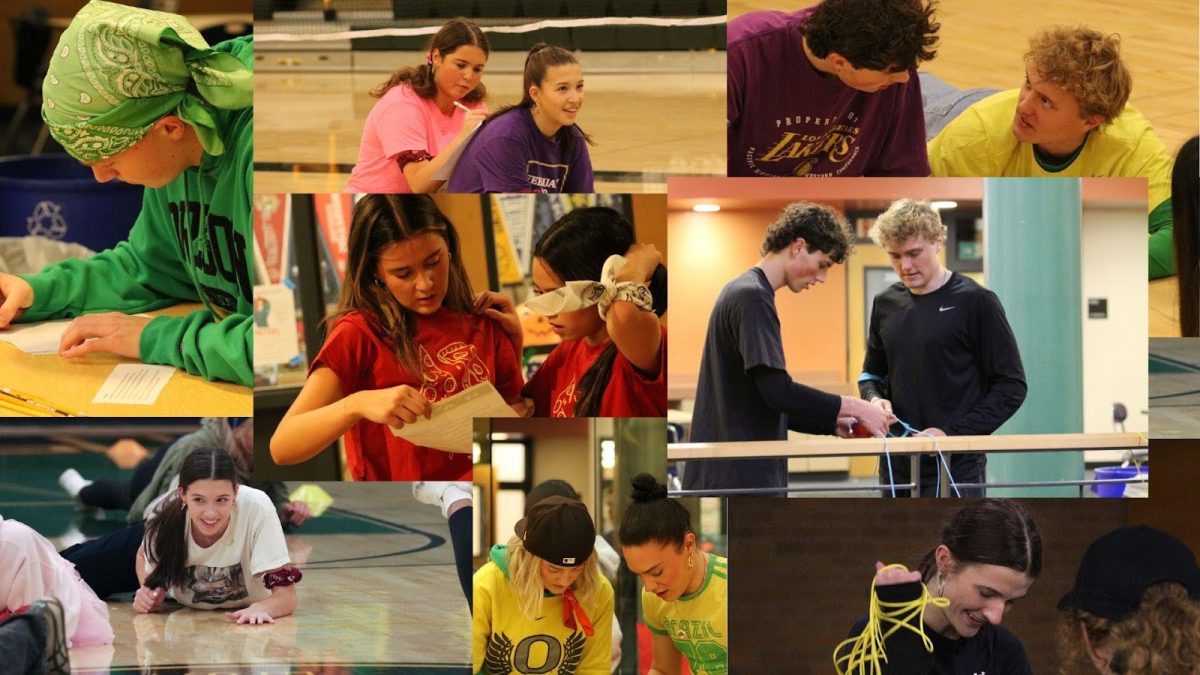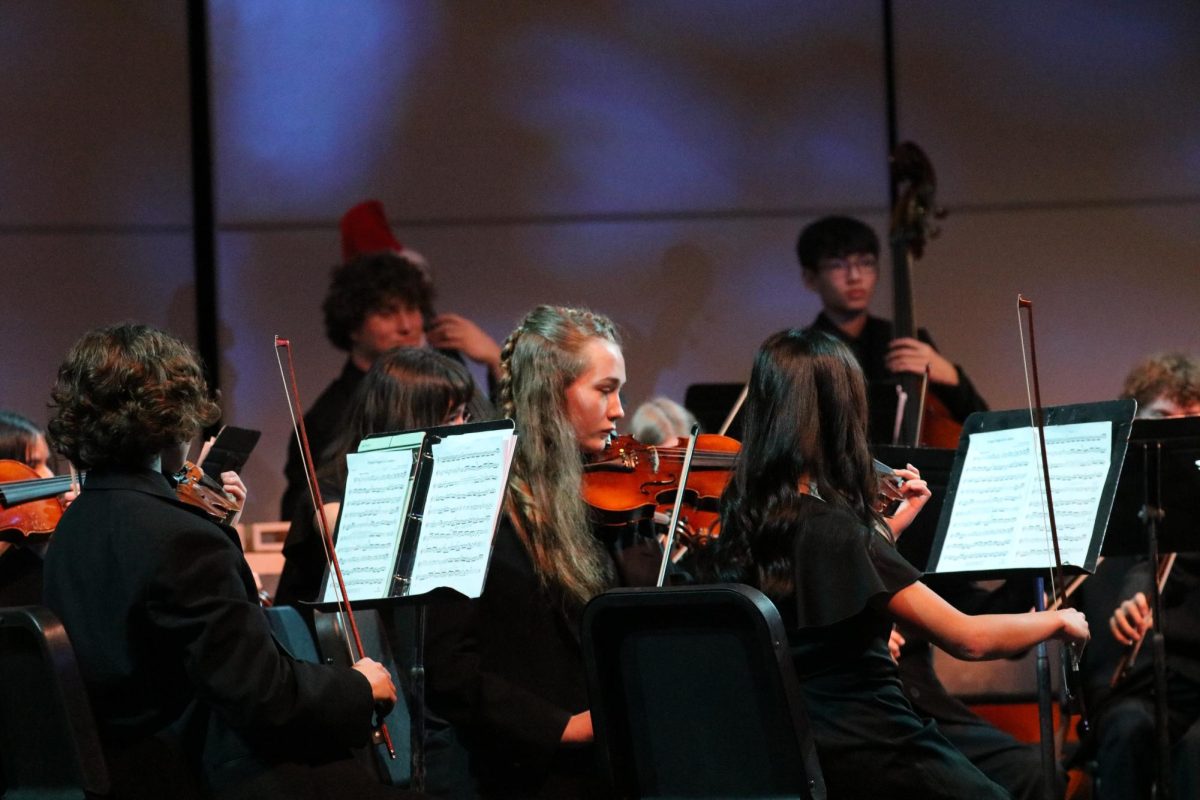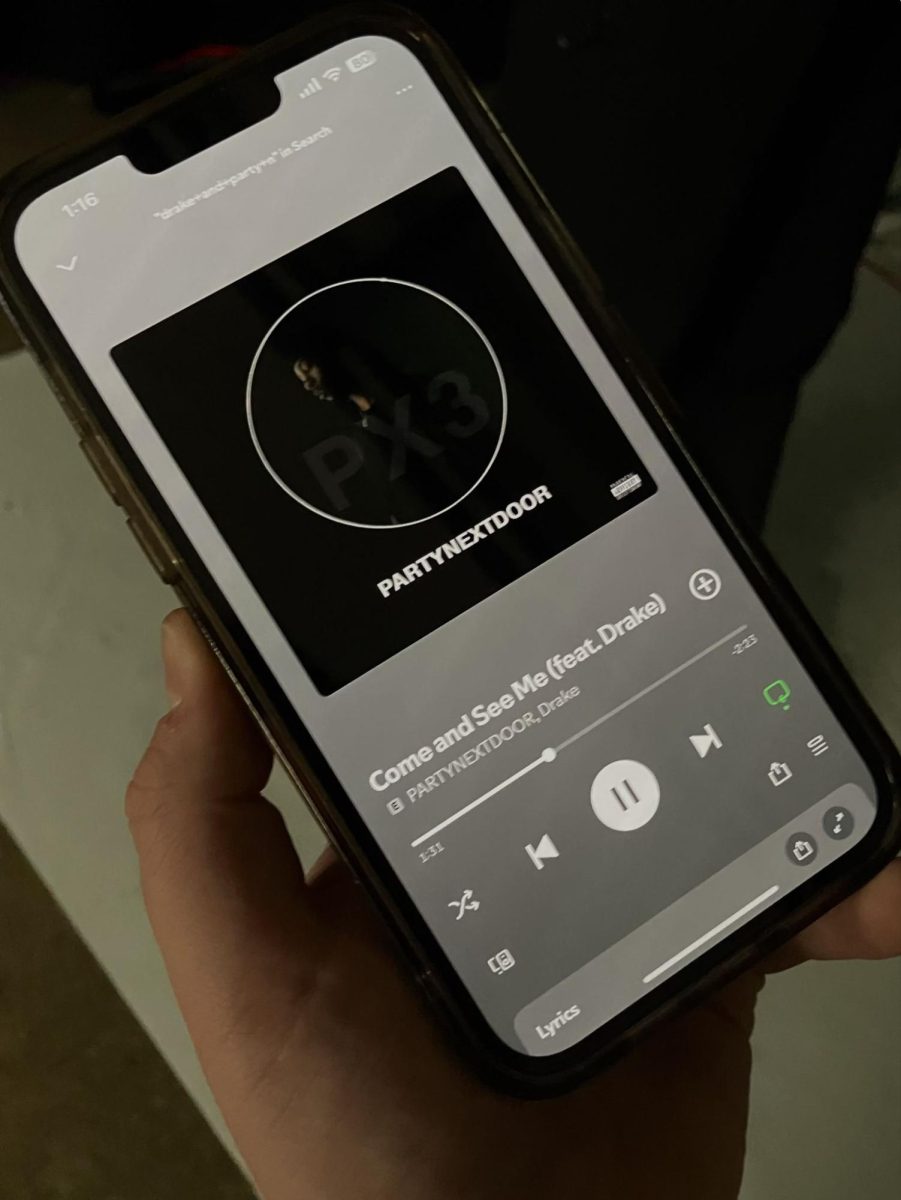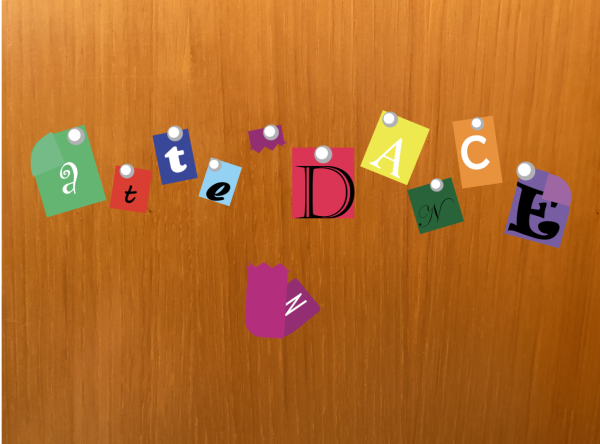Cell phones and social media sites negatively affect communication skills
The technology developed in the past decade has been life-changing. While much of the technology provides convenience is it hurting consumers in the process. Cell phones and texting in today’s world are playing a huge role in destroying how people talk face-to-face, our relationships, and our overall social skills. The once common sense of social and public relations skills may be slowly fading as more and more people hide behind their screens.
People are becoming more uncomfortable with any active and live social actions or confrontation of any kind, and are turning to their cell phones to do the work for them. Without learning how to have social interactions, people may suffer when interviewing for a job, obtaining and maintaining a healthy relationship and/or any kind of interaction that includes an actual conversation.
In a 2009 study done by Pew Research Center and American Life Project, it was found that the average teen sends about 50 texts a day, if not double or more. Teens are the biggest user of cell phones, texting, and technology, but do not rule out adults. Ninety-one percent of Americans ages 18 and over own cell phones. Cell phones are the most quickly adopted consumer technology in the history of the world and this percentage will continue to rise. The problem is that children are becoming more fluent in texting lingo than in the actual English language. Studies have shown that the average age of children getting their first phone is now eight years old, and 35 percent of second and third graders own cell phones.
Texting and social media are becoming the new phone and face-to-face confrontation. As people continue to text their way to the top, innate social skills, grammar and spelling are threatened by fast moving thumbs and not enough characters. In a world behind a screen, people miss what’s going on around them.
Put down the phone. Mute it, lock it away, or turn it off. When you leave your phone behind and have an actual conversation with someone, you just might find yourself learning something new.
Your donation will support the student journalists of West Linn High School. Your contribution will allow us to continue to produce quality content by purchasing equipment, software, and continuing to host our website on School Newspapers Online (SNO).


![Reaching out. Christopher Lesh, student at Central Catholic High School, serves ice cream during the event on March 2, 2025, at the Portland waterfront. Central Catholic was just one of the schools that sent student volunteers out to cook, prepare, dish, and serve food. Interact club’s co-president Rachel Gerber, junior, plated the food during the event. “I like how direct the contact is,” Gerber said. “You’re there [and] you’re just doing something good. It’s simple, it’s easy, you can feel good about it.”](https://wlhsnow.com/wp-content/uploads/2025/03/interact-1-edited-1200x744.jpg)





























































![At the bottom of the third inning, the Lions are still scoreless. Rowe stands at home plate, preparing to bat, while Vandenbrink stands off to the side as the next batter up. Despite having the bases loaded, the team was unable to score any runs. “It’s just the beginning of the season. We’re just going to be playing out best by June, [and] that’s where champions are,” Rowe said.](https://wlhsnow.com/wp-content/uploads/2024/03/IMG_3077-1200x900.jpg)
























































